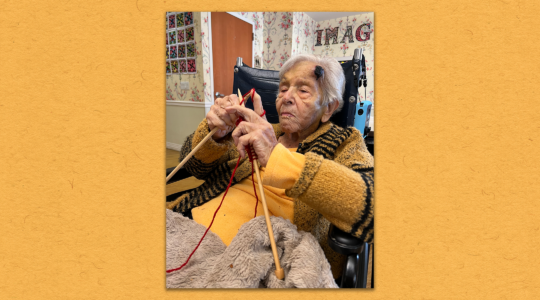The tax overhaul legislation signed into law by President Donald Trump last week is expected to reduce the number of Americans who itemize their tax returns in any given year to about 5 percent from the current 35 percent, eliminating the tax incentive to make charitable donations. But many charities said they don’t expect to lose donations next year.
“I’ve been doing this for 28 years and the tax deduction has never been the prime motivator of why people make charitable gifts,” said Matt Bernstein, chief planned giving officer at the Jewish National Fund. “We don’t believe it will impact us all that much.”
Rabbi Marvin Hier, founder and dean of the Simon Wiesenthal Center, said through a spokesman that he too does “not believe there will be a big effect on our donor base” of 400,000 contributors.
William Daroff, senior vice president of public policy for the Jewish Federations of North America, acknowledged that there is concern “across the board in how charities will make up the difference” should there be a significant drop in donations next year.
“But the Jewish community is strong and very philanthropic,” he said. “Despite the pressure thrown at us by government action, we believe our donors will come to the plate and swing away and make up the difference. Our nursing homes are not throwing people into the street — they will do what is needed to do.”
Nevertheless, Daroff said his organization is “giving language to local federations so they can make a big push” to donors to get their contributions in before Dec. 31.
“A lot of times we make pledges and the campaign year does not close until July 1,” he said. “If you made a pledge and planned to pay it [before June 30], now is the time to make the contribution. It will be less of a pinch on your pocketbook to make it before Dec. 31.”
Daroff explained that because tax rates will be going down, a $100,000 donation will cost a donor in the 39.6 percent tax bracket $61,000. But next year that donor’s tax rate will drop to 37 percent and the $100,000 gift would now cost him $63,000.
Richard Birnbach, a CPA in Great Neck, L.I., suggested that one way to make annual charitable donations without itemizing each year is to open a donor-advised fund.
“If you open a donor-advised fund today with $25,000, you can itemize your taxes next year and take the tax deduction,” he said. “For the next three years, you do not itemize but you can still give to charity, giving $8,000 each year from the donor advised fund. In year number four, you again put $25,000 into your donor advised fund and you can again itemize that year and get the tax deduction.”
Some donor-advised funds like Fidelity and the Jewish Communal Fund charge annual administrative fees. The Jewish National Fund also has a donor-advised fund that does not charge an administrative fee. A $10,000 donation is required to open a fund at JNF and the minimum grant is $250. The fund will then send contributions to any 501c3 not-for-profit organization “that is not in contravention of the mission and goals of JNF,” Bernstein said.
The New York Jewish Week brings you the stories behind the headlines, keeping you connected to Jewish life in New York. Help sustain the reporting you trust by donating today.




